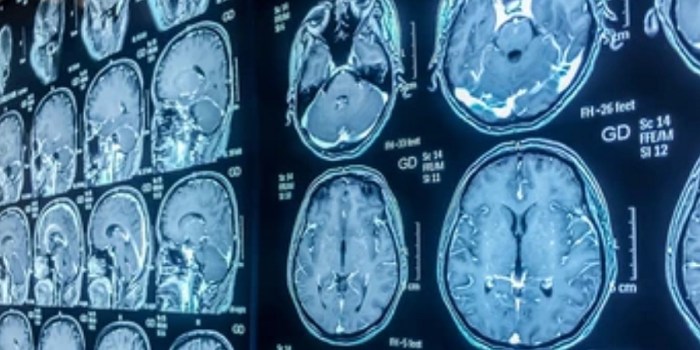Pacs tend to contribute the most money to – Political Action Committees (PACs) play a pivotal role in contemporary elections, contributing significant funds to candidates and campaigns. Their contributions shape the political landscape, influencing election outcomes and policy decisions. This comprehensive analysis delves into the patterns, influence, and implications of PAC contributions.
PAC Contribution Patterns
PACs tend to contribute the most money to federal candidates and parties. In the 2020 election cycle, PACs contributed over $1.3 billion to federal candidates and parties, accounting for over 20% of all campaign spending.PAC contributions are influenced by a variety of factors, including the PAC’s industry or sector, the candidate’s ideology, and the PAC’s goals.
PACs are more likely to contribute to candidates who share their policy views and who are likely to support their interests.PACs that represent industries or sectors that are heavily regulated or that have a significant stake in government policy tend to contribute more money to candidates and parties.
For example, the healthcare industry is one of the largest contributors to PACs, and healthcare PACs tend to support candidates who support policies that benefit the healthcare industry.
PAC Influence on Elections: Pacs Tend To Contribute The Most Money To

PACs play a significant role in financing political campaigns. In the 2020 election cycle, PACs contributed over $1.3 billion to federal candidates and parties, accounting for over 20% of all campaign spending. This money can give PACs a significant amount of influence over candidates and parties, and can help them to elect candidates who support their interests.PAC
contributions can have a significant impact on election outcomes. Studies have shown that candidates who receive more PAC money are more likely to win elections. This is because PAC money can be used to fund advertising, campaign staff, and other resources that can help candidates to win elections.The
influence of PACs on elections has raised concerns about the role of money in politics. Some critics argue that PACs give too much influence to special interests and that they can distort the electoral process.
PAC Lobbying and Advocacy

In addition to contributing to political campaigns, PACs also engage in lobbying and advocacy efforts. PACs can lobby members of Congress and other government officials on behalf of their members’ interests. PACs can also support or oppose legislation and regulations that affect their members’ interests.PACs
can be effective in influencing policy decisions. Studies have shown that PACs are more likely to succeed in lobbying efforts when they have close ties to members of Congress or other government officials. PACs can also use their financial resources to fund advertising and other campaigns to support or oppose legislation and regulations.The
lobbying and advocacy activities of PACs have raised concerns about the potential for conflicts of interest. Some critics argue that PACs can use their financial resources to influence policy decisions in ways that benefit their members’ interests, even if those decisions are not in the best interests of the public.
PAC Regulation and Transparency

PACs are regulated by a variety of laws and regulations. The Federal Election Commission (FEC) is the primary agency responsible for enforcing these laws and regulations. The FEC requires PACs to register with the agency and to disclose their contributions and expenditures.
The FEC also limits the amount of money that PACs can contribute to candidates and parties.The current regulations governing PACs have been criticized for being too weak and for allowing PACs to have too much influence over elections and policy decisions.
Some critics argue that the FEC needs to be given more resources and authority to enforce the laws and regulations governing PACs. Others argue that the campaign finance system needs to be reformed to reduce the influence of PACs.
Detailed FAQs
What factors influence PAC contribution amounts?
Factors include industry interests, ideological alignment, and the perceived influence of candidates.
How do PACs impact election outcomes?
PAC contributions can provide candidates with financial advantages, influencing advertising, voter outreach, and campaign operations.
What ethical concerns arise from PAC influence?
Concerns include potential conflicts of interest, undue influence on policy decisions, and the erosion of public trust in the electoral process.